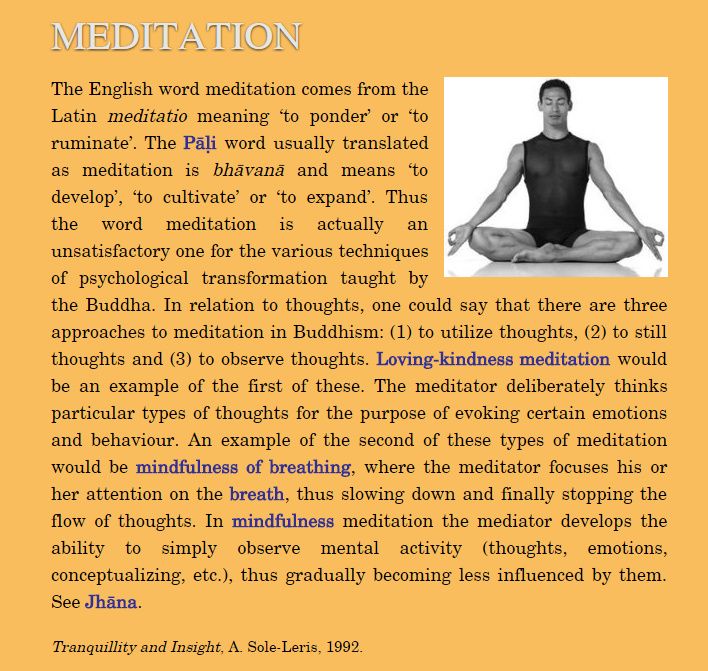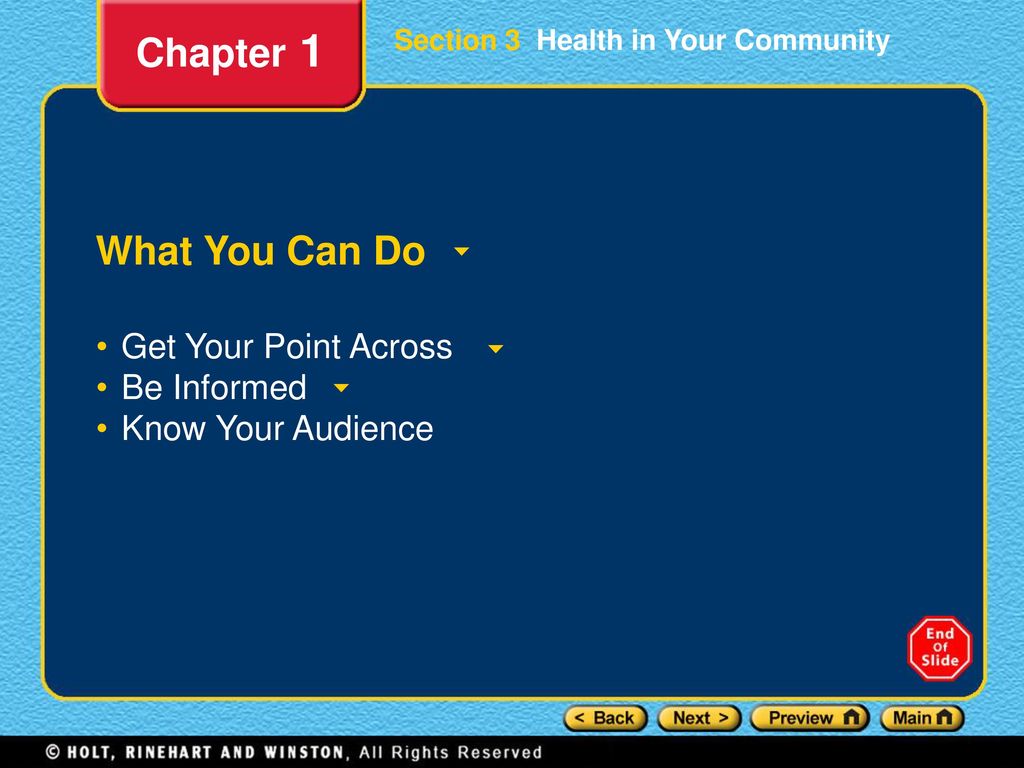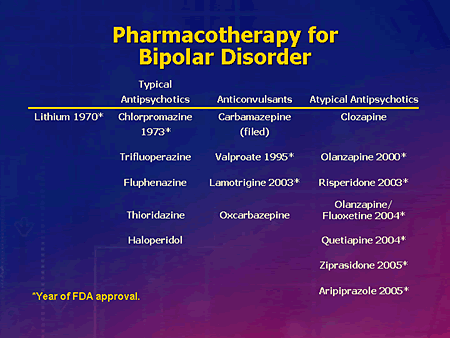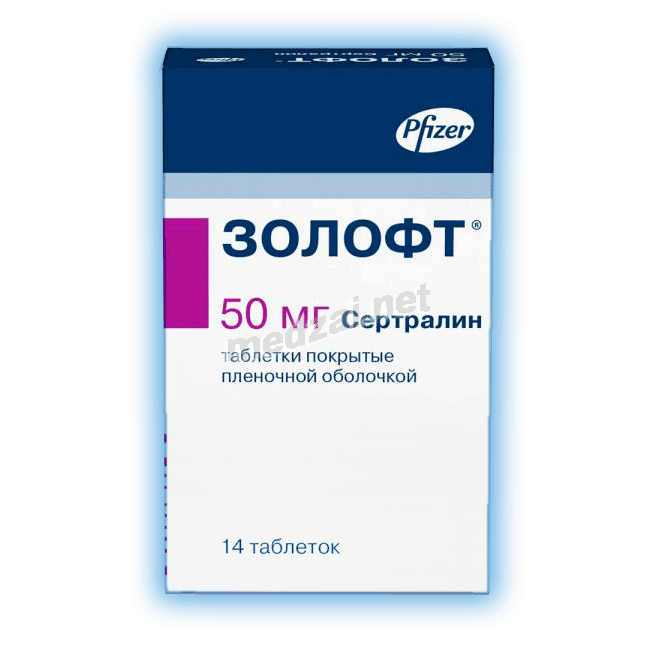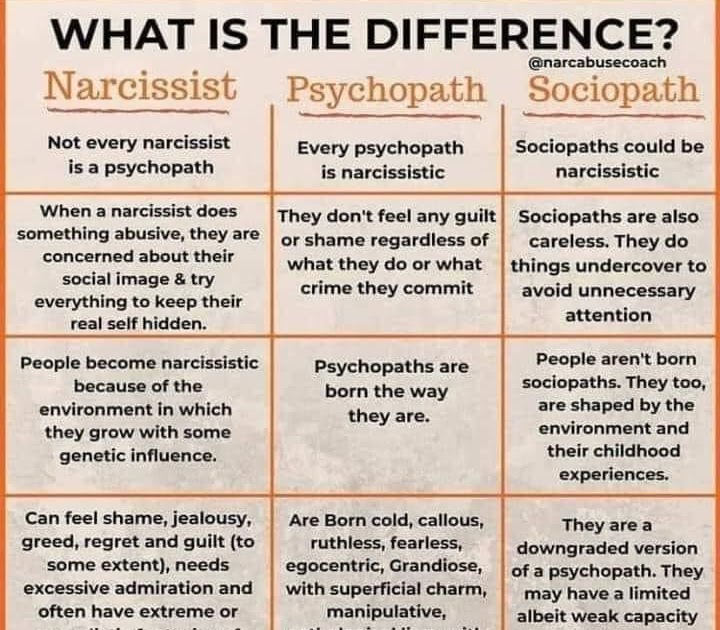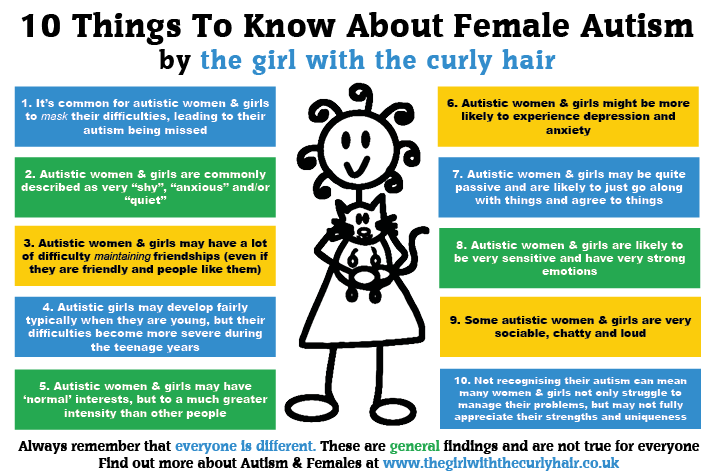Supplements mood swings
Try These Vitamins For Mood Swings To Promote Mental Health
Do you ever have the blues? You know the feeling when you just feel down but don’t know why? You are not alone. According to estimations, over 20 million Americans have some form of mood disorder while over 40 million suffer from anxiety. Vitamins for mood swings may help with this situation.
Some Vitamins For Mood Swings
Numerous vitamins for mood swings may combat anxiety and depression. According to studies, this may be due to deficiencies. By supplementing your diet with these vitamins for mood swings, you may help yourself with these conditions and support adrenal health at the same time.
Vitamin C
Studies show that a sufficient intake of vitamin C corresponds with a reduction in anxiety and depression. Your body cannot make or store this vitamin. This means you need to regularly consume vitamin C either through your diet or via a supplement such as
LipoNano C or Adrenal Support.
Besides its role in mental health, vitamin C also helps with your body’s healing process and plays a role in the blood vessels, bone, cartilage, and muscle formation. Vitamin C is also an antioxidant that fights free radicals that cause, amongst others, cancer, and heart disease. Lastly, your body needs vitamin C to absorb iron.
Great food sources of vitamin C include citrus fruits, berries, peppers, and leafy green vegetables. Too much vitamin C may cause stomach disorders.
Iron is One of the Vitamins for Mood Swings
Around ten percent of women and two percent of men may have an iron deficiency. Symptoms of an iron deficiency include fatigue, anxiety, irritability, and lack of concentration. Ideally, you should break up your iron supplements into two to three small doses per day. Taking one large dose could leave you with constipation.
Food sources with high iron content include organ meat like liver, as well as lean animal protein, milk, pulses, and leafy green vegetables.
Magnesium
A magnesium bath may help to relax you and help soothe tense muscles. A magnesium supplement like Mag Three may also help with brain hormone health because it helps serotonin production. Serotonin is your brain’s ‘feel-good’ hormone. A magnesium supplement may thus help with stress management and address mood swings and depression.
Foods with a high magnesium content include avocado, leafy green vegetables like spinach, black beans, and almonds.
Be careful of taking too large doses of supplemental magnesium because it could have serious side effects. These include low blood pressure, an irregular heartbeat, slowed breathing, and confusion, amongst others.
B Complex Vitamins for Mood Swings
The B vitamins for mood swings help balance your brain’s natural chemicals that act as neurotransmitters between brain cells and other parts of your body. The neurotransmitters they particularly focus on are serotonin, norepinephrine, and dopamine. These vitamins are good for adrenal fatigue sufferers as they support adrenal health.
These vitamins are good for adrenal fatigue sufferers as they support adrenal health.
B Complex vitamins for mood swings to take particular note of include:
Vitamin B3 (Niacinamide)
Vitamin B3 plays a role in serotonin production, thereby enabling your brain’s neurotransmitters to communicate with the other cells in your nervous system. Therefore, low vitamin B3 levels could harm your mood. Too much vitamin B3 may cause a variety of symptoms that include itching, nausea, a rapid heartbeat, diarrhea, and abdominal pain.
Good food sources of vitamin B3 include lean beef, tuna, salmon, poultry, legumes, seeds, and leafy green vegetables.
Vitamin B6 (Pyridoxine)
Vitamin B6 plays an important role in various physical as well as psychological functions in your body. One of these is the neurotransmitter function. Low vitamin B6 levels, associated with depression, may result in a hormonal imbalance resulting in depression. Good natural sources of vitamin B6 include whole-grain cereals, eggs, fish, poultry, and vegetables.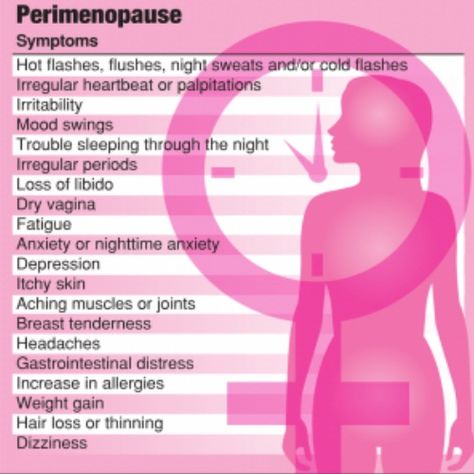
Please beware of taking high vitamin B6 concentrations for any length of time because it could result in nerve damage, sensitivity to sunlight, heartburn, and nausea, amongst others.
Vitamin B9 (Folate or Folic Acid)
Besides playing a role in preventing miscarriage and birth defects, vitamin B9 may help protect against heart disease, stroke, and even certain types of cancer. It may also be one of the vitamins for mood swings because, together with vitamin B6 and vitamin B12, folic acid may help break down homocysteine, an amino acid. High levels of this amino acid may be associated with depression and Alzheimer’s disease. This vitamin also plays a role in serotonin synthesis which plays a role in mood regulation. Great food choices high in vitamin B9 include beans, citrus fruits, and leafy green vegetables.
Taking high doses of folic acid in a supplement form may cause sleeping troubles, skin issues, and stomach problems.
Vitamin B12
Studies indicate that taking a vitamin B12 supplement may reduce your risk of depression. Also, together with vitamin B6 and folic acid, it helps with the breakdown of homocysteine. Please note the breakdown of homocysteine results in the generation of S-adenosyl-L-methionine (SAMe). SAMe is found in your brain cells and may play a role in depression. Good food sources of vitamin B12 include soft cheeses like feta cheese and cottage cheese, sardines, mackerel, eggs, and leaf beef and lamb.
Also, together with vitamin B6 and folic acid, it helps with the breakdown of homocysteine. Please note the breakdown of homocysteine results in the generation of S-adenosyl-L-methionine (SAMe). SAMe is found in your brain cells and may play a role in depression. Good food sources of vitamin B12 include soft cheeses like feta cheese and cottage cheese, sardines, mackerel, eggs, and leaf beef and lamb.
Vitamin B12 supplements could interact with certain medications. No oral threshold has been established for vitamin B12 due to its very low toxicity and your body usually being able to excrete what it does not use via your urine. A large dose of this vitamin via an injection could, however, result in an acne or rosacea outbreak.
Vitamin D
Although your body naturally manufactures vitamin D when exposed to sunlight, much evidence suggests that many Americans have a deficiency. While vitamin D helps keep teeth and bones healthy by promoting calcium absorption, it may also be one of the vitamins for mood swings.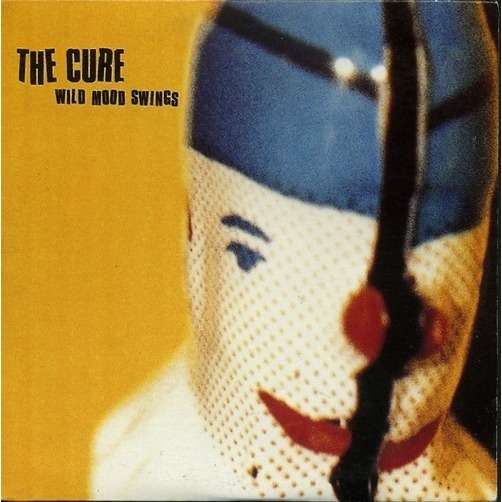
Studies found that a vitamin D supplement such as D5000 Plus may significantly reduce your chances of depression. Your brain has many vitamin D receptors. This may indicate that the vitamin plays a role in cognitive function. Foods high in vitamin D include fatty fish, e.g. tuna, salmon, and mackerel, cheese, eggs, and beef liver.
Although rare, high vitamin D levels in your body could become toxic. Symptoms associated with too much vitamin D include weakness, nausea, and vomiting. You could also experience kidney problems while kidney stone formation is not out of the question.
5-hydroxytryptophan (5-HTP)
This amino acid is a precursor to serotonin. When serotonin levels are low, a 5HTP supplement like HTPro may increase your serotonin levels. High doses of 5-HTP could lead to nausea, vomiting, stomach pain, and diarrhea.
Omega-3 Fatty Acids
Omega-3 fatty acids play an important role with regards to brain chemistry and improve serotonin effectiveness.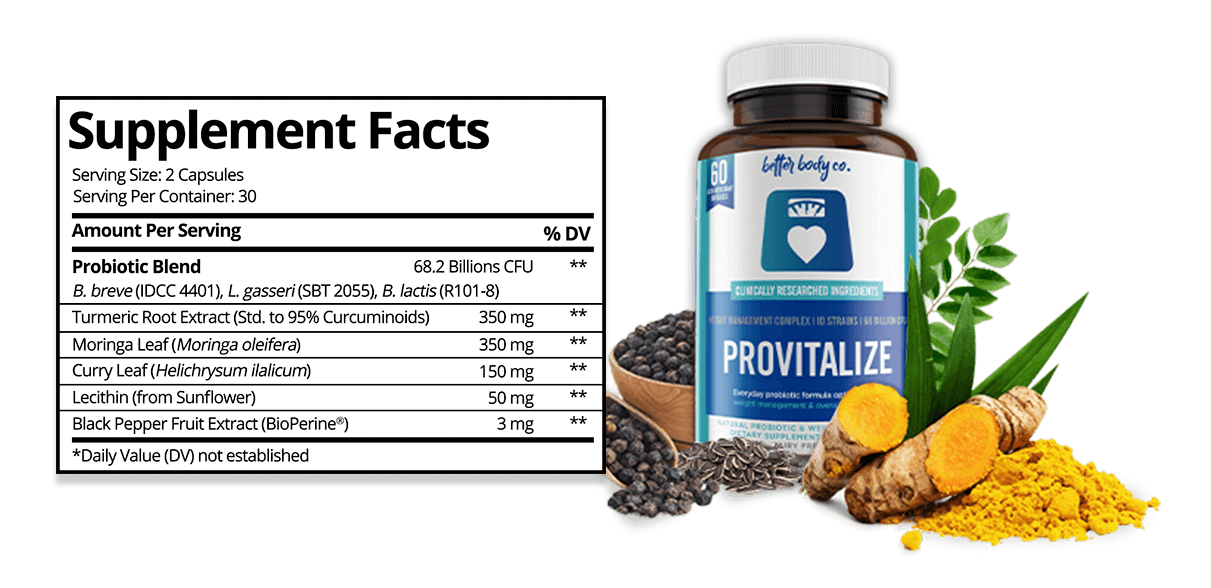 They play an important role in the transmission of chemical messengers.
They play an important role in the transmission of chemical messengers.
Good sources of omega-3 fatty acids include fatty fish like salmon, herring, and mackerel. Nuts and seeds are also good omega-3 food choices. Fish oil supplements like Liquid OM-3 are another good choice. Do remember, though, that high concentrations of fish oil or fatty fish could lead to certain health issues like blood sugar imbalances.
Chromium
Although our bodies only need very small amounts of chromium to function correctly, studies show that up to 50% of the American population may have a deficiency and could benefit from taking a supplement such as Chromaster. Yet studies show that chromium helps with blood sugar control and helps regulate serotonin and melatonin production and function. In so doing, it helps with mood regulation. Natural sources of chromium include potatoes and animal protein.
Please take note that high levels of chromium in your body could lead to blood sugar issues, stomach problems, and cause liver damage.
L-Theanine
L-theanine is an amino acid that boosts your brain’s alpha waves, encourages an increase in serotonin levels, and triggers the release of gamma-aminobutyric acid (GABA). Gaba plays an important role in calming your brain’s neurotransmitters. In doing so, it reduces anxiety levels and helps stabilize mood. It is also a powerful antioxidant.
Green tea is a good source of this amino acid. Taken in high doses, theanine may promote sleep, so be careful if you intend driving as you could fall asleep behind the wheel and cause an accident.
St. John’s Wort
According to studies, St John’s Wort is considered a natural antidepressant because it may exhibit the same type of interaction with your brain as certain antidepressants. It could cause issues when taking it with certain prescription medications, however, such as anti-cholesterol and blood-thinning drugs.
Passionflower
According to research, passionflower, a plant native to Peru, may help address stress and other related issues. This may be because it boosts the GABA in your brain. Although generally considered safe, passionflower has some known side effects such as sleepiness, dizziness, and confusion.
This may be because it boosts the GABA in your brain. Although generally considered safe, passionflower has some known side effects such as sleepiness, dizziness, and confusion.
Rhodiola
Studies on Rhodiola show that it may support both mental and physical performance. It may also help with anxiety and depression. Rhodiola may also improve stress-related issues like exhaustion and burnout.
Please note that taking too much Rhodiola may have the opposite effect and promote anxiety in some people.
Why You Should Consider Vitamins For Mood Swings
Vitamins for mood swings may benefit your Neuroaffect Circuit and its function. As such, your Neuroaffect Circuit plays a role in your body’s NeuroEndoMetabolic (NEM) Stress Response and is a biological component of various mental health issues. But because it plays an integral part in so many bodily functions, a healthy Neuroaffect Circuit that implies healthy brain function is extremely important for not only your mental but also physical health.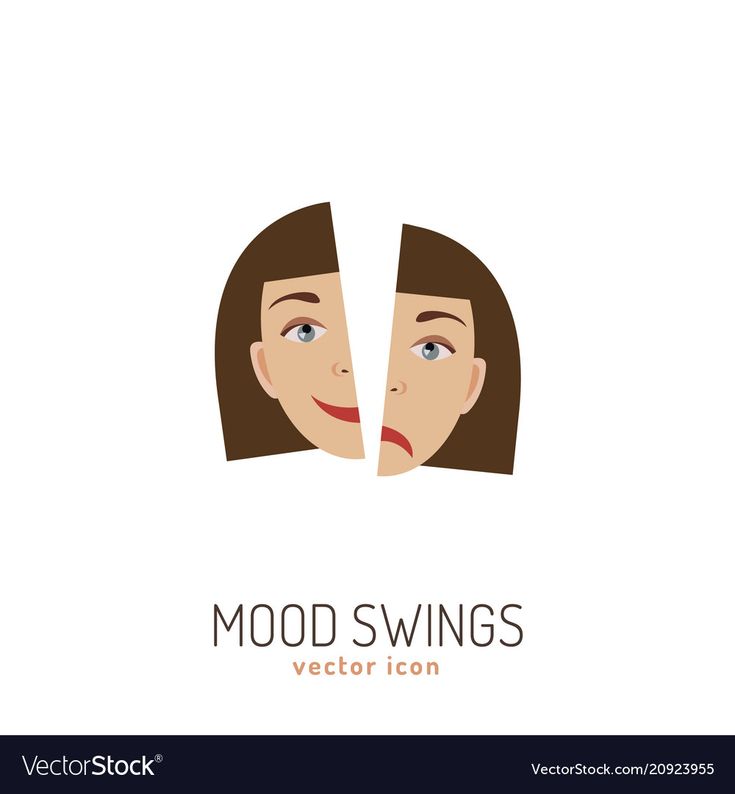
One of the main causes of mental issues is stress. Stress may cause a hormonal imbalance in the brain because of the high cortisol production associated with it. Your hormones in the brain, to a large extent, are the neurotransmitters used by the brain to send instructions to your various organs and other body structures. An imbalance could lead to various mental health issues including anxiety and depression, amongst others.
The various vitamins for mood swings mentioned all play a supportive role regarding hormone production and brain health. Using these supplements may help you cope in the short term while supporting brain health in the long run.
Conclusion
Mood swings may disrupt your life and cause various issues, both in your home and work environments. Vitamins for mood swings may help your work through this.
If you are suffering from mood swings, here are some things you can do.
- Try vitamins for mood swings like the different B vitamins, vitamin C, vitamin D, and others.
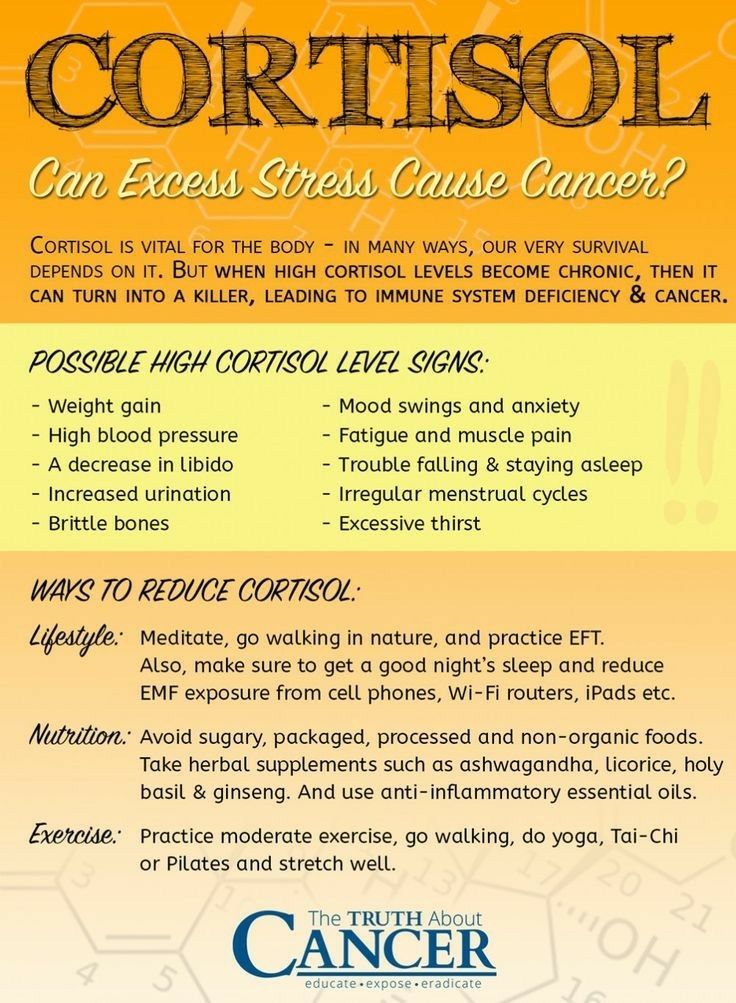
- Add more leafy green vegetables and lean protein products to your diet.
- Explore different diets that support brain and adrenal health.
If you would like to know more about or need assistance with vitamins for mood swings, the team at Dr. Lam Coaching can help. We offer a free** no-obligation phone consultation at +1-626-571-1234 where we will privately discuss your symptoms and options. You can also send us a question through our Ask The Doctor system by clicking here.
Herbs, Vitamins, and Supplements Used to Enhance Mood
In this Article
Mood problems, including depression and bipolar disorder, are no laughing matter. More than 20 million American adults have a mood disorder and 40 million an anxiety disorder. And these numbers don’t include the average worrywart or person who suffers an occasional bout of the blues.
For depression alone, the annual cost for treatment and lost wages may be as high as $52 billion.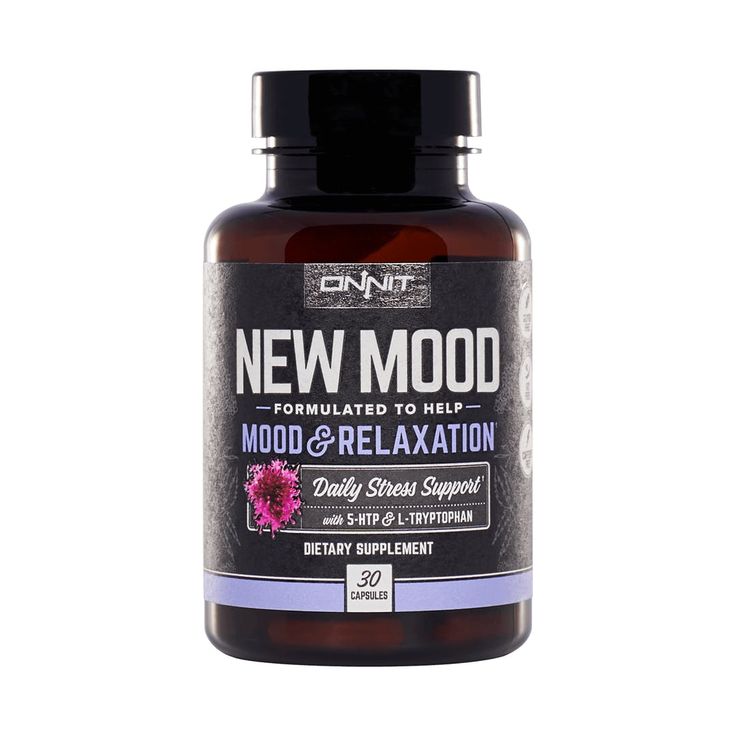
With these statistics, it’s no wonder that many people are searching for mood supplements or other mood-enhancing alternatives to drugs.
The Need for Mood Enhancers
“For so many people, antidepressant medication either stops working or has too many side effects,” says Henry Emmons, MD, a psychiatrist with the Center for Spirituality and Healing at the University of Minnesota. Emmons, author of The Chemistry of Joy: A Three-Step Program for Overcoming Depression through Western Science and Eastern Wisdom, prescribes medications for his patients, but he also highly recommends exercise and good nutrition as physical treatments for depression, combined with a few targeted mood supplements.
Which leads to the question: what vitamins, herbs, supplements, and lifestyle changes are the best mood enhancers?
The experts we talked to didn’t reach complete consensus; more research is clearly needed for the plentiful options available. But here is a brief overview of some of the more common complementary approaches used to treat mood problems.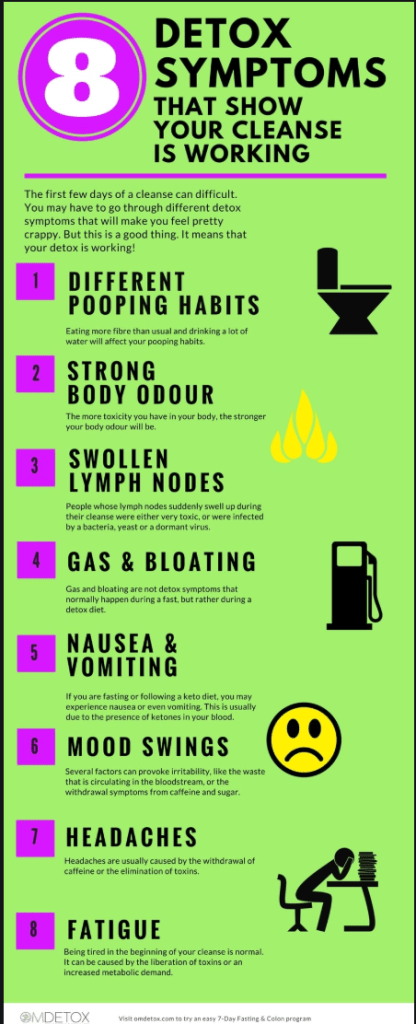
Of course, if you suffer from severe mood problems see a doctor -- before you reach for mood enhancers or supplements.
Mood Supplements with Potential
One of the most touted herbs used for enhancing mood is St. John’s wort, a yellow-flowered plant containing many chemical compounds that may have medicinal effects.
“Even though the evidence is mixed, it’s better for St. John’s wort than for other herbs,” says Adriane Fugh-Berman, MD, associate professor, Complementary and Alternative Medicine Master’s Program, Department of Physiology and Biophysics at Georgetown University School of Medicine. Fugh-Berman says that trials in the U.S. have been oddly less positive than in Germany, where it is widely prescribed.
SAMe (S-Adenosyl-L-Methionine), derived from an amino acid and also available from protein food sources, is another widely studied mood-enhancing substance that’s commonly used in Europe, Fugh-Berman tells WebMD.
Though the data is less solid, other potential mood enhancers include:
- Valerian: an herbal remedy created from dried roots, often taken as a sleep aid and sometimes used for anxiety.
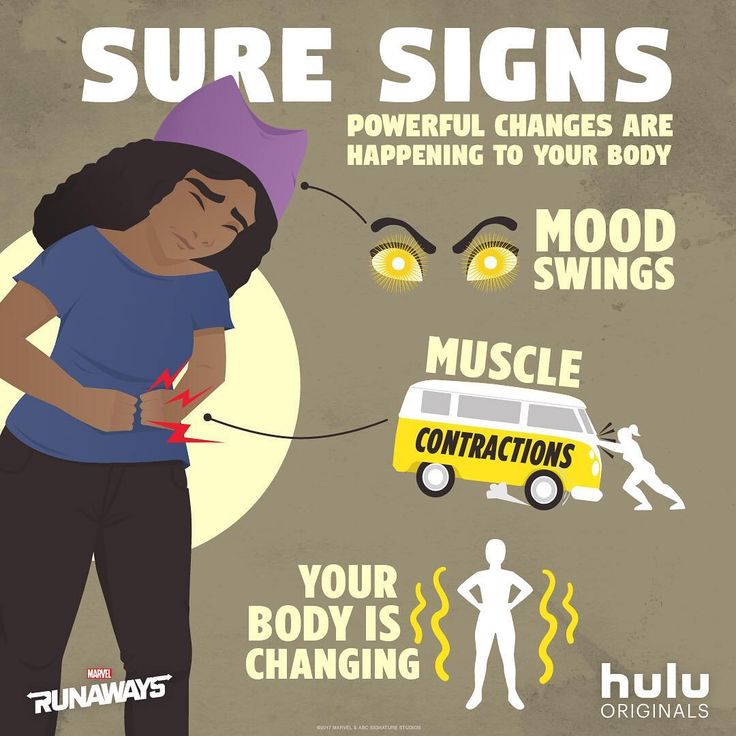
- Lavender: aromatherapy, essential oils, and teas use lavender to enhance relaxation and possibly help relieve anxiety and depression.
- Omega-3 fatty acids: found in cold-water fish and certain vegetable oils, and available as a supplement, omega-3 fatty acids are sometimes used to help depression and other psychological problems. Emmons recommends a dose of 2,000 to 4,000 milligrams or more when taken for mood problems.
- B vitamins: essential for cell metabolism and central nervous system maintenance. Emmons recommends a good B-complex or multivitamin to ensure plenty of B vitamins, which can help stabilize nerve cell membranes.
- Vitamin D: although not enough evidence exists to make any claims about the effectiveness of vitamin D as a mood enhancer, at least one study reported benefits from vitamin D in treating seasonal affective disorder, a form of depression that occurs during the winter months.
St. John’s Wort
Around for centuries, St.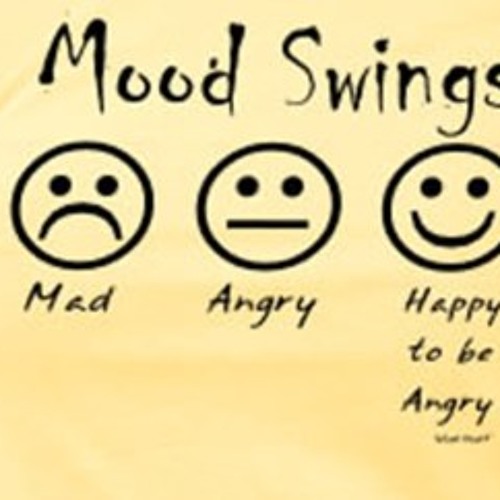 John’s wort is commonly used today for sleep disorders, anxiety, and mild to moderate depression. However, an analysis of 37 clinical trials found that St. John’s wort may have minimal to no benefit for those with more severe forms of depression.
John’s wort is commonly used today for sleep disorders, anxiety, and mild to moderate depression. However, an analysis of 37 clinical trials found that St. John’s wort may have minimal to no benefit for those with more severe forms of depression.
Although more research is needed, St. John’s wort may also have the potential to reduce symptoms of anxiety, premenstrual syndrome (PMS), or perimenopausal mood changes.
Available as capsules, tablets, liquid extracts, and teas, a typical dose of St. John’s wort ranges from 900 to 1,200 milligrams a day, and it should be taken for at least one to three months, just as with pharmaceutical anti-depressants, to see the best effect.
St. John’s wort does have the potential for serious interactions with a wide variety of prescription drugs, including birth control pills, antidepressants, HIV medications, and blood thinners. It can also interact with other herbs or supplements. Mainly, it may lower the effectiveness of certain medications, Fugh-Berman tells WebMD.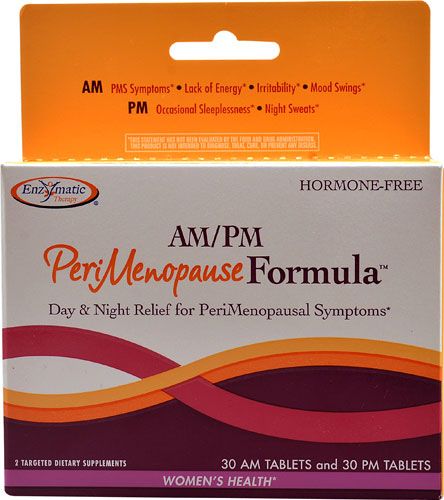 St. John’s wort may also lead to an increase in side effects when taken with pharmaceutical antidepressants.
St. John’s wort may also lead to an increase in side effects when taken with pharmaceutical antidepressants.
Consult a doctor or pharmacist about interactions before using St. John’s wort. Although uncommon, side effects of St. John’s wort may include:
- Gastrointestinal upset
- Skin reactions, especially when exposed to sun
- Fatigue
- Anxiety
- Sexual dysfunction
- Dizziness
- Headache
- Dry mouth
SAMe(S-Adenosyl-L-Methionine)
SAMe has been studied a lot for depression. Although current trials are not conclusive, an analysis of 28 studies showed that SAMe produced statistically significant improvement in the symptoms of depression when compared to a placebo. Some studies have shown that improvements were comparable to conventional antidepressants, such as the class of medications called tricyclic antidepressants.
Emmons suggests SAMe for those with a type of depression that produces low energy.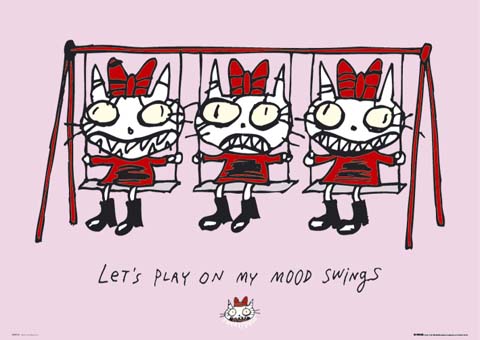 He prescribes 400 to 800 milligrams daily, depending upon need or tolerance. The dose most often used for depression in clinical studies is 800 to 1,600 milligrams daily for up to 6 weeks.
He prescribes 400 to 800 milligrams daily, depending upon need or tolerance. The dose most often used for depression in clinical studies is 800 to 1,600 milligrams daily for up to 6 weeks.
Although SAMe usually causes few problems, you should use caution if you have diabetes, low blood sugar, or an anxiety or other type of psychiatric disorder. Gastrointestinal problems, headaches, fatigue, and skin rashes are the most common side effects.
Mood Enhancers That May Be Unsafe
Kava kava. A ceremonial beverage used commonly in the Pacific Islands, kava kava earned its claim to fame as an herb that’s very helpful for anxiety. Unfortunately, kava kava has largely fallen out of favor because concentrated forms for sale in the U.S. have been associated with a rare risk of significant liver problems.
According to the FDA, you should consult a doctor before using kava if you have liver disease or are taking drugs that affect the liver. Likewise, you should see your doctor if you experience any signs of liver illness after taking a kava supplement.
5-HTP. This is a precursor to a neurotransmitter called serotonin. Although some health care providers recommend it for mood problems, others are more cautious. “It is not clear whether 5-HTP is immune from the same problems L-tryptophan had,” Fugh-Berman tells WebMD, referring to an amino acid that was taken off the market in 1989 due to a dangerous contaminant. This concern has been largely disputed, and 5-HTP is generally considered safe, and effective for depression when taken at 150-300 milligrams daily.
As you evaluate other mood supplements, keep in mind that the FDA does not strictly regulate herbs and supplements; it treats them like foods rather than drugs. The makers of supplements don’t have to show their products are safe or effective before selling them on the market.
This makes it harder for you to assess their strength, purity, and safety. Fugh-Berman advises doing your own research on effectiveness and adverse effects, using reliable, unbiased sources, and by consulting groups that independently evaluate dietary supplements.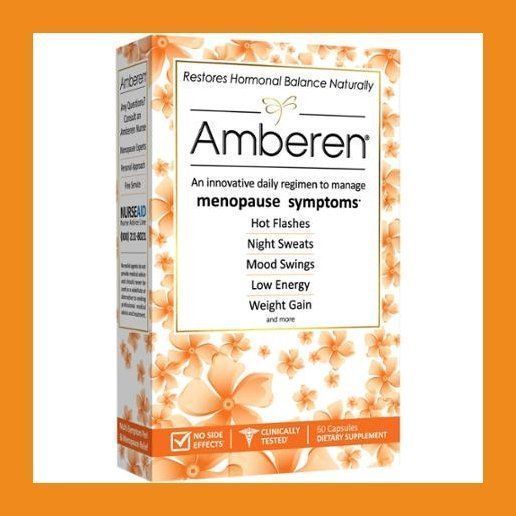
Lifestyle Changes for Enhancing Your Mood
“If you look at the research on exercise for depression, it’s equal to or better than medication for depression -- probably the best outright alternative treatment for depression,” says Emmons, who often recommends mild, rhythmic activities such as walking, biking, or jogging. “It may not be enough for a lot of people, but it’s a good place to start.”
Reporting in a February 2008 issue of Cerebral Cortex, German researchers described PET scans and recently available chemicals they used to prove that running does, in fact, release mood-enhancing endorphins. The more released, the greater the effect.
How much exercise is enough to enhance mood? Three hours of moderate activity per week may do the trick, according to a study published in the January 2005 American Journal of Preventive Medicine.
Emmons also strongly recommends a variety of stress management techniques, such as learning meditation to self-regulate thoughts, called mindfulness.
“People with recurring depression tend to get triggered very quickly -- almost like a track is laid down, a slippery slope,” he says. “It pays to put some real effort into learning to recognize this immediately and to learn ways to steady yourself.”
Even certain computer games can help create more positive thought patterns. Based on scientifically tested tools published in the journal of the American Psychological Association, MindHabits is one example. It helps players reduce stress and boost esteem by training the mind to refocus the way it perceives the world.
© 2008 WebMD, LLC. All rights reserved.
SOURCES:
Adriane Fugh-Berman, MD, associate professor, Complementary and Alternative Medicine Master’s Program, department of physiology and biophysics, Georgetown University School of Medicine.
Henry Emmons, MD, psychiatrist, Center for Spirituality and Healing, University of Minnesota.
The National Institute of Mental Health Web site: “The Numbers Count: Mental Disorders in America.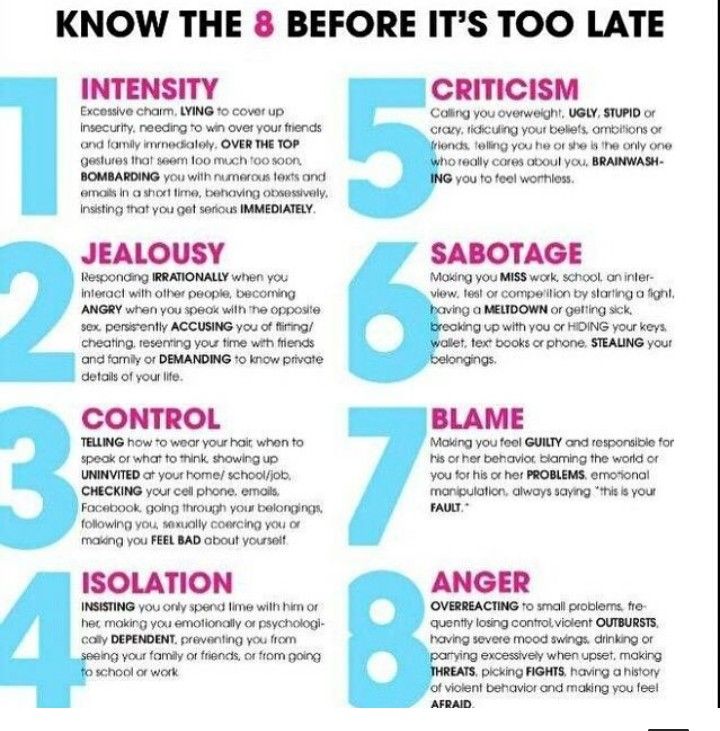 ”
”
Agency for Healthcare Research and Quality Web site: “S-Adenosyl-L-Methionine for Treatment of Depression, Osteoarthritis, and Liver Disease.”
National Center for Complementary and Alternative Medicine Web site: “Get the Facts: St. John’s Wort and Depression,” “Herbs at a Glance: Lavender.”
MedlinePlus Web site: “Lavender (Lavandula angustifolia Miller),” “St. John's wort (Hypericum perforatum L.),” “Kava (Piper methysticum G. Forst).”
Kasper, S. et al. BMC Medicine, 2006; vol 4: pp 14.
Geller, S. et al. Menopause, May-June 2007; vol 14: pp 541–549.
NIH Office of Dietary Supplements Web site: “FDA Issues Consumer Advisory for Dietary Supplements Containing Kava.”
Boecker, H. et al. Cerebral Cortex, 2008; vol 18: pp 2523-2531.
Dunn, A.L. et al. American Journal of Preventive Medicine, 2005; vol 28, Issue 1, pp 1-8.
Dandeneau, S. et al. Journal of Personality and Social Psychology, October 2007; vol 93: pp 651-666.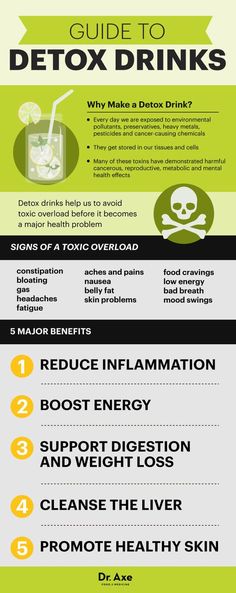
Papakostas, G. The Journal of Clinical Psychiatry, 2009; vol 70, Suppl 5: pp 18-22.
Turner, E. Pharmacology & Therapeutics, 2006; vol 109: pp 325-338.
Mood swings
I confirm More
- INVITRO
- Library
- Symptoms
- Mood swings
Menopause
Climax
3607 25-th of August
IMPORTANT!
The information in this section should not be used for self-diagnosis or self-treatment.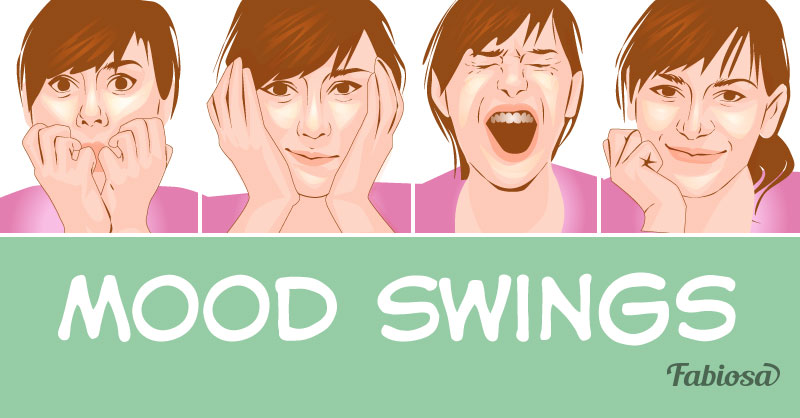 In case of pain or other exacerbation of the disease, only the attending physician should prescribe diagnostic tests. For diagnosis and proper treatment, you should contact your doctor.
In case of pain or other exacerbation of the disease, only the attending physician should prescribe diagnostic tests. For diagnosis and proper treatment, you should contact your doctor.
For a correct assessment of the results of your analyzes in dynamics, it is preferable to do studies in the same laboratory, since different laboratories may use different research methods and units of measurement to perform the same analyzes.
Mood is usually called a stable emotional state of a person, which determines his perception of reality.
A stable positive attitude is the basis for health, and frequent mood swings disrupt not only the mental, but also the physiological activity of a person.
Human emotions are diverse, and their occurrence is regulated by several hormones:
- serotonin, or the hormone of pleasure, is responsible for a good mood, increases optimism and revives hope;
- dopamine, or the hormone of motivation and joy, contributes to the feeling of pleasure;
- adrenaline, a stress hormone, causes rage, anger, tension and fear;
- endorphins - hormones of joy and euphoria;
- Phenylethylamine is responsible for falling in love and romantic experiences;
- for confidence in victory - testosterone;
- Oxytocin, the hormone of trust and tenderness, which plays an important role during pregnancy, childbirth and breastfeeding, causes tender attachment to relatives in the human heart.

The production and metabolism of hormones entail a chain of complex sequential reactions that enable a person to make certain decisions. A number of hormones have a serious impact on the functioning of the brain.
Any failure in the “hormone-brain” circuit can lead to uncontrolled mood swings and cause unmotivated behavior.
Possible causes
Sudden and unreasonable mood swings can be caused by physiological and pathological factors.
Physiological reasons. If we consider hormonal fluctuations as the causes of mood swings, then a person is exposed to them throughout life: during growth, maturation, in the reproductive and post-reproductive periods. These are physiological cycles of development, and the body independently copes with hormonal changes.
The first period of powerful hormonal adjustment becomes adolescence . At this moment, the production of sex hormones increases sharply, which can cause unjustified aggression in boys, a desire to lead and prove the right to their own opinion. In girls, the production of estrogens, which affect mood swings, occurs cyclically and may be associated with the irregularity of menstruation during puberty. Psychological factors affecting the mood of adolescents are associated with difficulties in adequately perceiving one's body: a changed figure can cause irritation, despondency, and shame. This reaction is typical for girls. A change in testosterone levels in adolescents of both sexes contributes to the development of an unmotivated sense of protest, increased demands on others, emotional overexcitation, and reduced criticism of one's own actions.
In girls, the production of estrogens, which affect mood swings, occurs cyclically and may be associated with the irregularity of menstruation during puberty. Psychological factors affecting the mood of adolescents are associated with difficulties in adequately perceiving one's body: a changed figure can cause irritation, despondency, and shame. This reaction is typical for girls. A change in testosterone levels in adolescents of both sexes contributes to the development of an unmotivated sense of protest, increased demands on others, emotional overexcitation, and reduced criticism of one's own actions.
It is very important during this period not to miss the signs of latent depression, which is difficult to diagnose because of the variety of its forms and symptoms.
When diagnosing depressive conditions, somatic symptoms come to the fore, that is, complaints about a state of health disorder, problems in the gastrointestinal tract, cardiovascular system, as well as a sharp change in mood.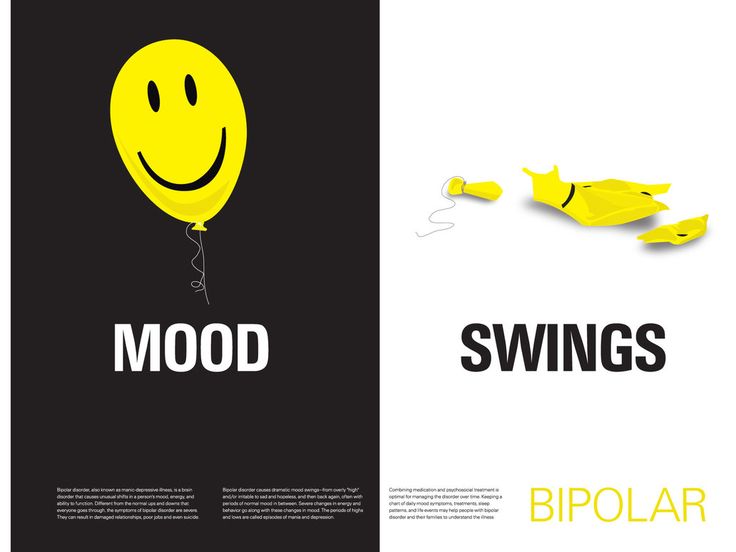 Sometimes mood swings get out of control and cause an emotional overreaction.
Sometimes mood swings get out of control and cause an emotional overreaction.
After a regular menstrual cycle is established, monthly hormonal fluctuations can cause premenstrual syndrome , which is manifested by a deterioration in well-being and a sharp change in mood.
A pronounced premenstrual syndrome negatively affects the daily activity of a woman, causes physical and emotional problems, and reduces the quality of life.
The main manifestations of premenstrual syndrome include fluid retention in the body and swelling due to increased levels of prolactin, mood swings, irritability, tearfulness, and fatigue due to impaired serotonin metabolism. Increased production of prostaglandins leads to headache, swelling and swelling of the mammary glands.
During pregnancy , especially in the first trimester, a woman's mood and health are directly dependent on hormonal balance. During this period, the main complaints are irritability, resentment, and sudden mood swings.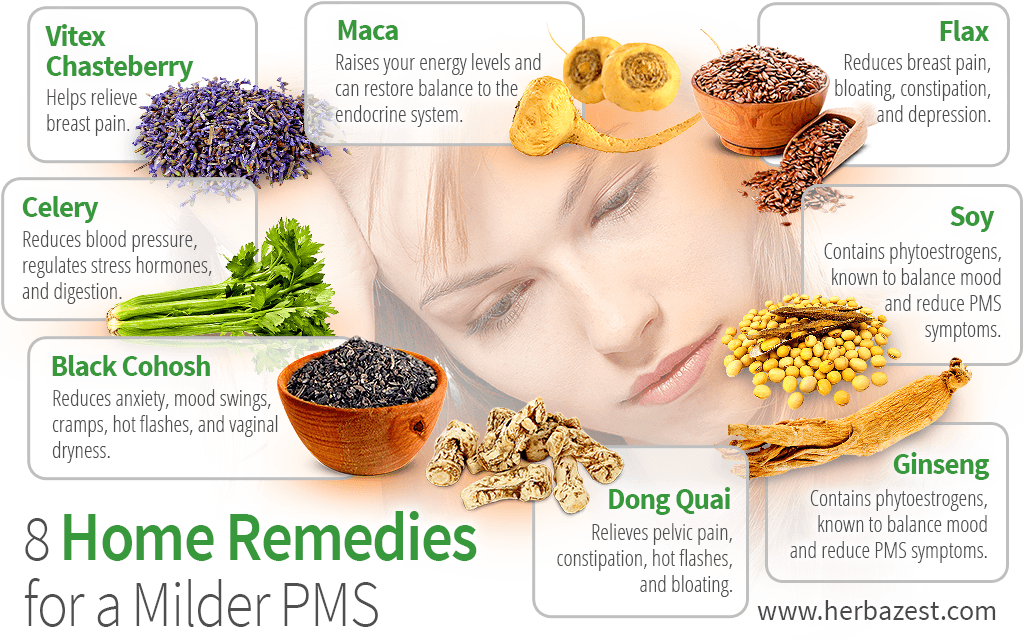 After the fourth month of pregnancy, the woman's emotional background stabilizes.
After the fourth month of pregnancy, the woman's emotional background stabilizes.
Big troubles are brought by postpartum depression , which can be accompanied not only by a depressed emotional state, but also by suicidal attacks.
If mood swings disturbed a woman in the first trimester of pregnancy, the likelihood of postpartum depression increases significantly.
Menopausal syndrome is another emotional period in a woman's life when mood can be determined by changes in hormonal levels. Vegetovascular manifestations (hot flashes, sweating, blood pressure surges) may be associated with endocrine diseases (metabolic syndrome, thyroid disease) and emotional and mental disorders (mood swings, tearfulness, irritability, fatigue).
In men, age-related hormonal changes can also be accompanied by emotional instability: they become more irritable and aggressive. Mood swings in men tend to be less pronounced.
Pathological causes .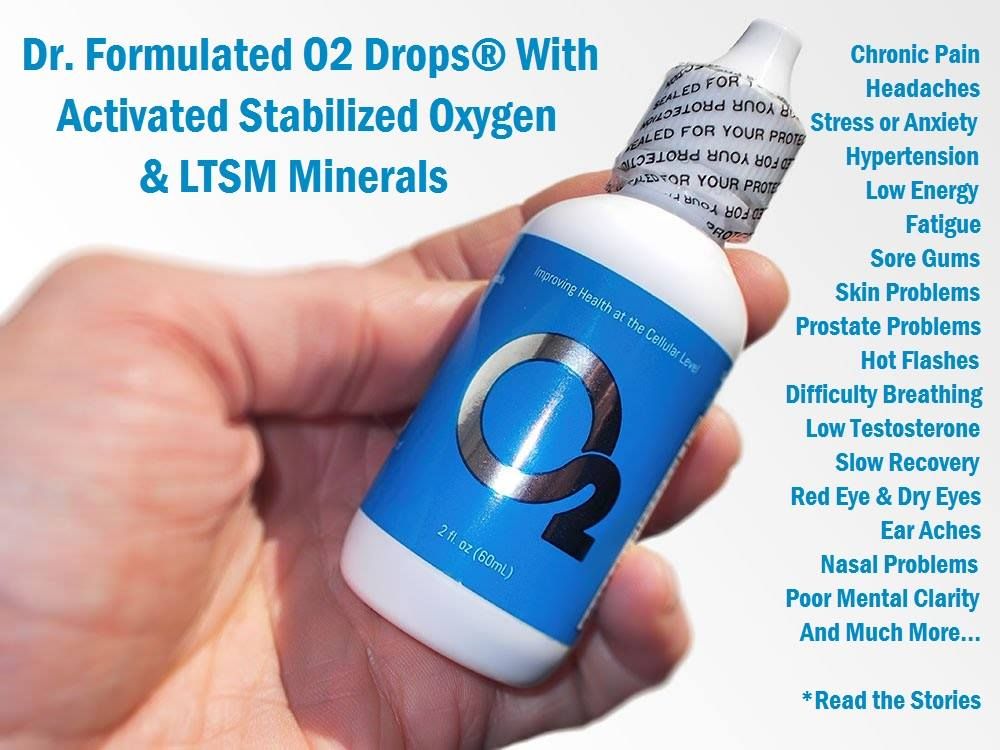 A hormonal imbalance that causes sudden mood swings can occur with thyroid diseases , most often with thyrotoxicosis. In this case, an excess of the hormones thyroxine and triiodothyronine (T4 and T3) leads to malfunctions in the body. Diseases that cause increased production of thyroid hormones include diffuse toxic goiter, multinodular toxic goiter, etc. The instability of the emotional background in thyroid pathologies is accompanied by symptoms of cardiovascular diseases (arrhythmias, increased blood pressure), pathologies of the musculoskeletal system (muscle atrophy , osteoporosis), impaired functioning of the nervous system.
A hormonal imbalance that causes sudden mood swings can occur with thyroid diseases , most often with thyrotoxicosis. In this case, an excess of the hormones thyroxine and triiodothyronine (T4 and T3) leads to malfunctions in the body. Diseases that cause increased production of thyroid hormones include diffuse toxic goiter, multinodular toxic goiter, etc. The instability of the emotional background in thyroid pathologies is accompanied by symptoms of cardiovascular diseases (arrhythmias, increased blood pressure), pathologies of the musculoskeletal system (muscle atrophy , osteoporosis), impaired functioning of the nervous system.
Along with increased excitability and anxiety, patients with hyperthyroidism complain of emotional instability, rapid mood swings, irritability, and tearfulness.
Sleep disorders can be both a cause and a consequence of a sudden change in mood and psychological instability.
Mental disorders are often accompanied by emotional instability.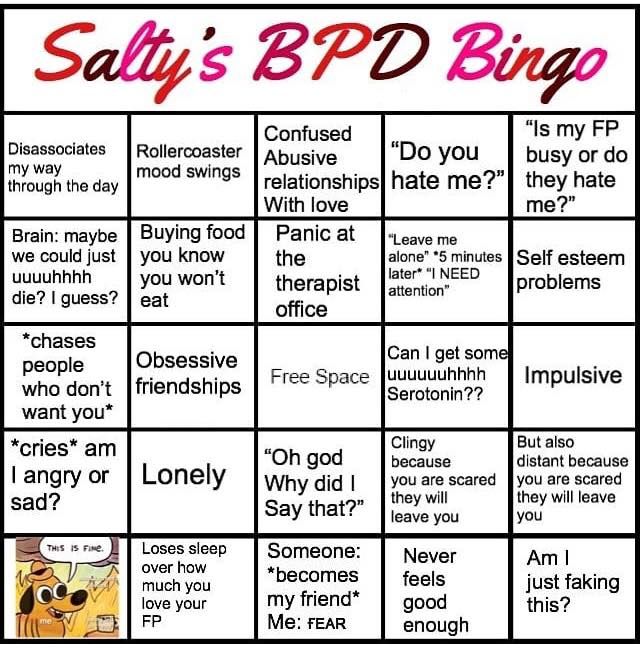 A striking example is bipolar affective disorder .
A striking example is bipolar affective disorder .
Bipolar disorder is characterized by a sudden change in mood, from intense arousal to depression.
The causes of this disease are not fully understood, but experts prefer the genetic theory. With age, the mental disorder worsens, the duration of periods of depression increases.
Unmotivated mood swings can be observed in persons suffering from psychopathy (most often hysterical), and in people with borderline personality disorder . In these cases, a sharp change in mood is accompanied by other signs of altered behavior (theatricality, a tendency to lie, exaggeration).
Drug dependence on hormones and psychoactive substances taken is another cause of severe mood swings.
With the regular use of alcohol and drugs, the joy and excitement after their use is suddenly replaced by depression or anger.
An unmotivated change in mood can be observed with hormonal therapy for oncological diseases and .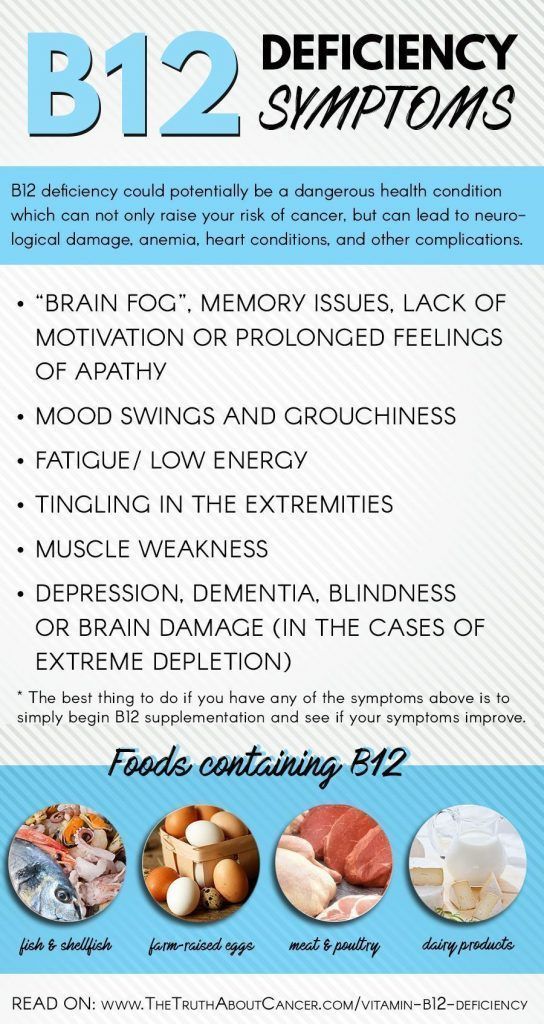
Which doctors to contact
Mood swings due to physiological causes do not require medical attention. If depression persists or is accompanied by other symptoms, you should first consult with the therapist who will determine the plan for the diagnostic search.
If the cause of emotional instability is related to hormonal changes in the female body, consultation is recommended gynecologist-endocrinologist, and if a man experiences these symptoms - urologist-andrologist. If thyroid disease is suspected, visit endocrinologist. If the patient's hormonal background is not disturbed, consultation is necessary neurologist or psychoneurologist.
Diagnosis and examination
Finding the cause of extreme mood swings is quite difficult. With the cyclical repetition of episodes of emotional instability and their coincidence with the onset of menstruation or menopause, the diagnosis can be made on the basis of the results of tests for sex hormones: estradiol, progesterone, luteinizing hormone, follicle-stimulating hormone, anti-Mullerian hormone.
Estradiol (E2, Estradiol)
Synonyms: Blood test for estradiol. 17-beta-estradiol. Brief description of the analyte Estradiol Estradiol is a steroid hormone with maximum estr...
Up to 1 business day
Available with home visit
715 RUB
Add to cart
Progesterone
Synonyms: Progestin; Gestagen. P4; Pregn-4-ene-3,20-dione. Brief description of the analyte Progesterone Progesterone is produced in the ovaries and in a small...
Up to 1 business day
Available with home visit
705 RUB
Add to cart
Luteinizing Hormone (LH)
Synonyms: Glycoprotein gonadotropic hormone; luteotropin; Lutropin.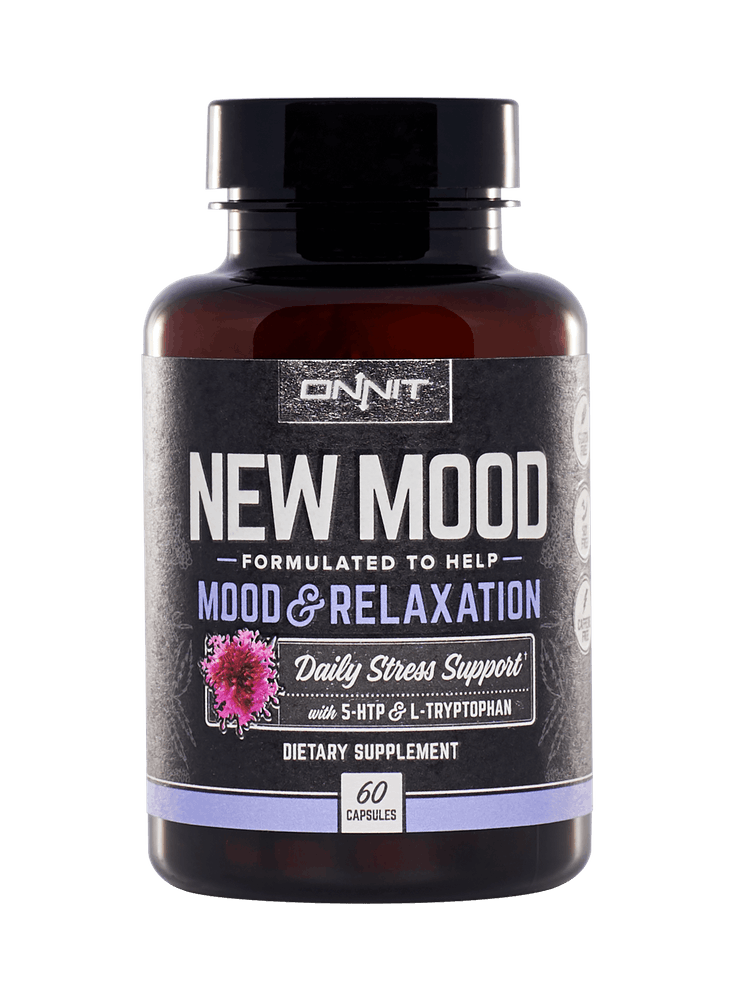 luteinizing hormone; LH; Lutropin; Interstitial cell stimulating hormone; ICSH. Brief characteristic determined ...
luteinizing hormone; LH; Lutropin; Interstitial cell stimulating hormone; ICSH. Brief characteristic determined ...
Up to 1 business day
Available with house call
715 RUB
Add to cart
Follicle Stimulating Hormone (FSH)
Synonyms: Blood test for FSH; Follitropin. Follicle-Stimulating Hormone; follitropin; FSH. Brief description of the analyte Follicle-stimulating hormone ...
Up to 1 business day
Available with home visit
715 RUB
Add to cart
Anti-Mullerian Hormone (AMH, Mullerian Inhibiting Substance, MIS)
Synonyms: Blood test for AMH; Mueller inhibitor.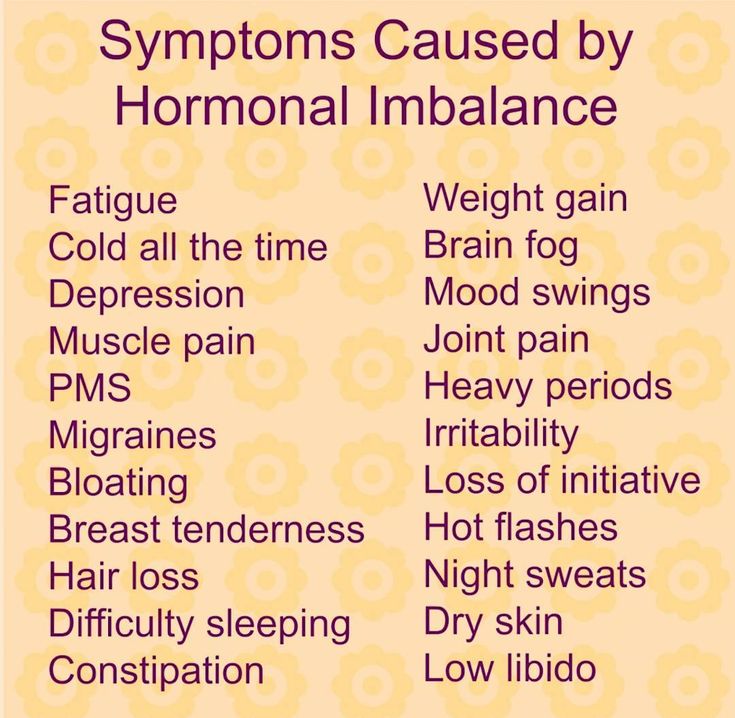 Anti-Müllerian hormone; AMH; Müllerian inhibiting factor; MIF; Müllerian-inhibiting hormone; M.I.H.; Müllerian-inhibiting substance; MIS. Short...
Anti-Müllerian hormone; AMH; Müllerian inhibiting factor; MIF; Müllerian-inhibiting hormone; M.I.H.; Müllerian-inhibiting substance; MIS. Short...
Up to 3 working days
Available with home visit
RUB 1,670
Add to cart
With the appearance of emotional instability, which is accompanied by arrhythmia, trembling fingers, sweating, tests for thyroid hormones (T3, T4, TSH) and antibodies to thyroglobulin (AT-TG) are necessary.
Free Triiodthyronine (Free T3, Free Triiodthyronine, FT3)
Synonyms: Free triiodothyronine. Free T3. Brief description of the test substance Triiodothyronine free Free triiodothyronine (T3free) belongs to the thyroid .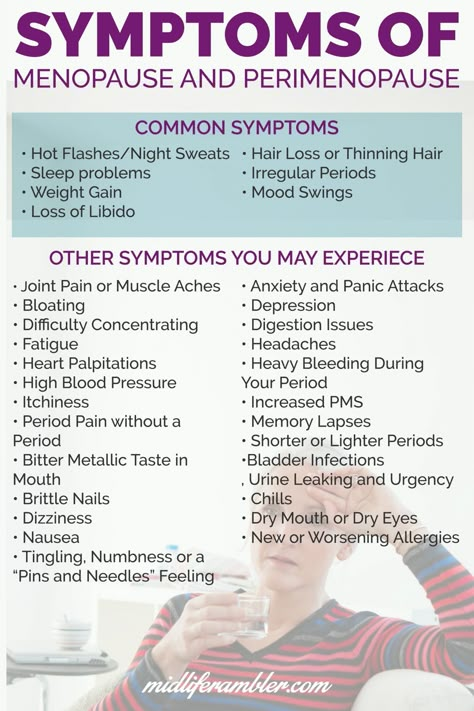 ..
..
Up to 1 business day
Available with home visit
RUB 685
Add to cart
Free thyroxine (T4 free, Free Thyroxine, FT4)
Free thyroxine, not bound to plasma transport proteins. Synonyms: Blood test for free thyroxine. Free T4; Free Form of Thyroxin. Short description ...
Up to 1 business day
Available with home visit
665 RUB
Add to cart
Thyroid Stimulating Hormone (TSH)
A pituitary hormone that regulates thyroid function. One of the most important tests in the laboratory diagnosis of thyroid diseases. Synonym...
One of the most important tests in the laboratory diagnosis of thyroid diseases. Synonym...
Up to 1 business day
Available with house call
620 RUB
Add to cart
Thyroglobulin Antibodies (AT-TG, Anti-Thyroglobulin Autoantibodies, Thyroglobulin Antibodies)
Synonyms: Blood test for AT-TG; Antibodies to TG; ATTG; AntiTG; Anti-TG. Tg Autoantibody; TgAb; Anti-Tg Ab; ATG. Brief description of the study "Antibodies to thyroglobulin&raq...
Up to 1 business day
Available with home visit
790 RUB
Add to cart
Diagnosis of mental disorders is complex and is based not so much on laboratory tests as on behavioral characteristics and symptoms of the disease.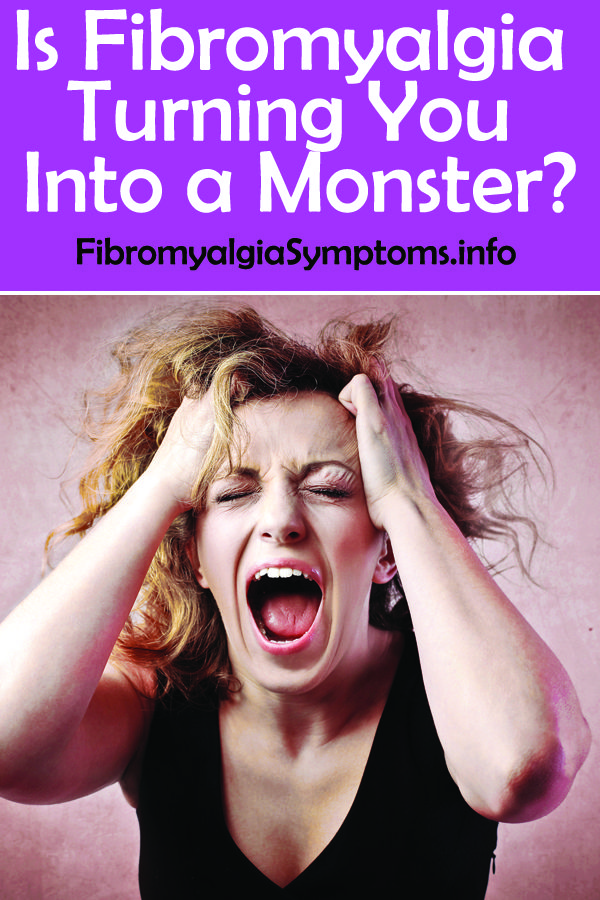 If you suspect the abuse of narcotic and psychotropic substances, you can ask the patient to take a urine test for toxic substances - a set of studies "Bad Habits".
If you suspect the abuse of narcotic and psychotropic substances, you can ask the patient to take a urine test for toxic substances - a set of studies "Bad Habits".
"Bad habits" (Urine test for nicotine, psychotropic and narcotic substances, psychoactive drugs)
Synonyms: Comprehensive urine analysis "Bad habits"; comprehensive urinalysis for nicotine, psychotropic and narcotic substances, psychoactive drugs...
Up to 4 working days
Available with home visit
3 920 RUB
Add to cart
When pregnancy occurs, a study of chorionic gonadotropin, a specific hormone of pregnancy, is recommended; Ultrasound study.
Human chorionic gonadotropin (hCG, beta-hCG, b-hCG, Human Chorionic)
Synonyms: Beta-hCG generic. Human Chorionic Gonadotropin; hCG; Pregnancy Quantitative hCG; Beta hCG; Total beta hCG. Brief description of the analyte Human chorionic gonadotropin ...
Human Chorionic Gonadotropin; hCG; Pregnancy Quantitative hCG; Beta hCG; Total beta hCG. Brief description of the analyte Human chorionic gonadotropin ...
Up to 1 business day
Available with home visit
RUB 685
Add to cart
Ultrasound diagnosis of pregnancy
Examination to confirm pregnancy and determine the place of attachment of the ovum (to exclude ectopic pregnancy).
RUB 2,290 Sign up
Treatment
You can cope with mood swings only after finding out their causes, consulting with specialists and treating the underlying disease.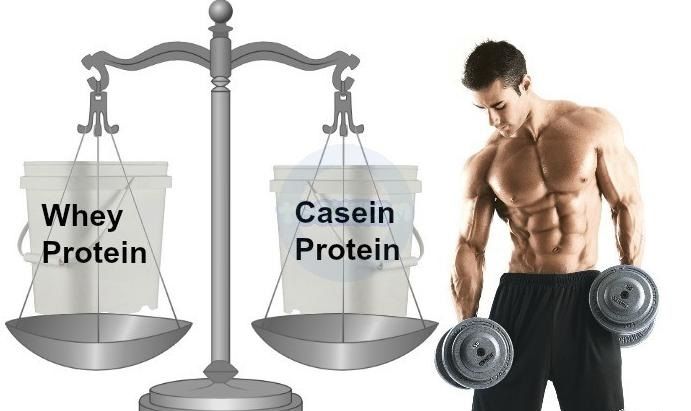
What to do
Mood swings observed in adolescents require daily attention and patience from relatives. If a feeling of depression, sleep disturbance, tearfulness are combined with somatic ailments (headache, pain in the abdomen, muscles) and a desire to isolate oneself from the outside world, one should definitely consult a child with a psychoneurologist.
To improve your mood, you should lead an active and healthy lifestyle.
You need a proper diet, regular exercise and adequate sleep. Attention to your mood is a simple rule of taking care of your own health.
Sources:
- A.V. Vasilieva, T.B. Morgunova, Yu.P. Thyrotoxicosis after childbirth: difficulties in differential diagnosis. Medical business. 2020;1:97-100. DOI: 10.24411/2071-5315-2020-12200
- Menopausal hormone therapy and maintaining the health of women of mature age. Clinical guidelines (Protocols). Ministry of Health of the Russian Federation.
 2014.
2014. - Clinical guidelines "Depressive episode, recurrent depressive disorder". Developed by: Russian Society of Psychiatrists. – 2021.
- Tokareva D.V., Dikareva E.S., Zakirova I.I. Psychiatric disorders developing against the background of neurosurgical diseases. Bulletin of Medical Internet Conferences (ISSN 2224-6150). 2019;9(5).
IMPORTANT!
The information in this section should not be used for self-diagnosis or self-treatment. In case of pain or other exacerbation of the disease, only the attending physician should prescribe diagnostic tests. For diagnosis and proper treatment, you should contact your doctor.
For a correct assessment of the results of your analyzes in dynamics, it is preferable to do studies in the same laboratory, since different laboratories may use different research methods and units of measurement to perform the same analyzes.
Recommendations
-
Cholesterol plaques
4898 November 18th
-
Hepatic colic
2451 09 November
-
Laryngeal edema
1758 07 November
Show more
Menopause
Climax
Varicose veins
Edema
Obesity
PCOS
Hypothyroidism
Gynoid lipodystrophy is not cellulitis
Before you start talking about cellulite, you need to decide on medical concepts and terminology.
The article is devoted specifically to gynoid lipodystrophy, which occurs in 85-95% of women and very rarely in men; its occurrence is associated with a violation of metabolic processes in the subcutaneous fat and the influence of female sex hormones.
More
Thyrotoxicosis
Iron deficiency
Climax
Menopause
Tachycardia
Tachycardia: causes, in which diseases it occurs, diagnosis and treatment.
More
Menopause
Cervical cancer
Pregnancy
Premenstrual syndrome (PMS)
Dysmenorrhea
Adnexitis
Endometritis
Salpingitis
Endometriosis
Ovarian cyst
Uterine fibroma
Heaviness in the lower abdomen
The abdomen is a concentration of vital organs that are located close to each other, which makes it difficult to determine the source of discomfort.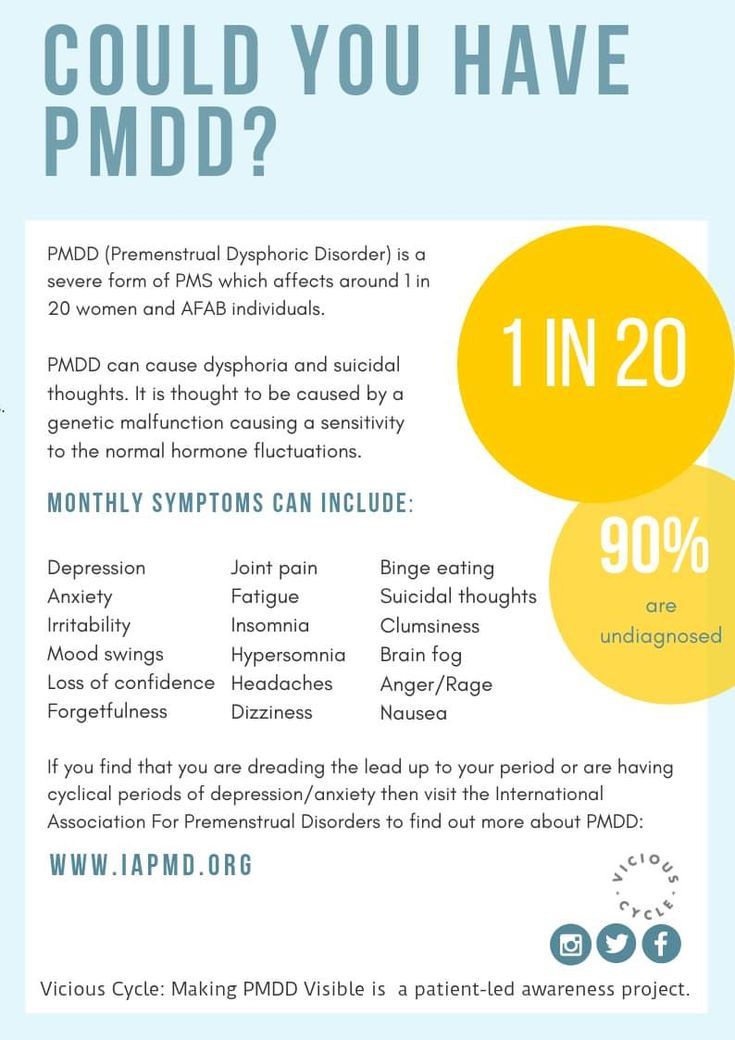 Diagnosis of pathologies associated with pain and a feeling of heaviness in the lower abdomen is difficult.
Diagnosis of pathologies associated with pain and a feeling of heaviness in the lower abdomen is difficult.
More
Menopause
Climax
Diabetes mellitus
Thyrotoxicosis
"Widow's hump" or "withers"
"Widow's hump": causes of occurrence, in what diseases it occurs, diagnosis and methods of treatment.
More
Atherosclerosis
Menopause
Atrial fibrillation
Heart attack
IBS
Myocarditis
Cardiomyopathy
Hypothyroidism
Intoxication
Climax
Heart sinking
Faintness of the heart: the causes of occurrence, in what diseases it occurs, diagnosis and methods of treatment.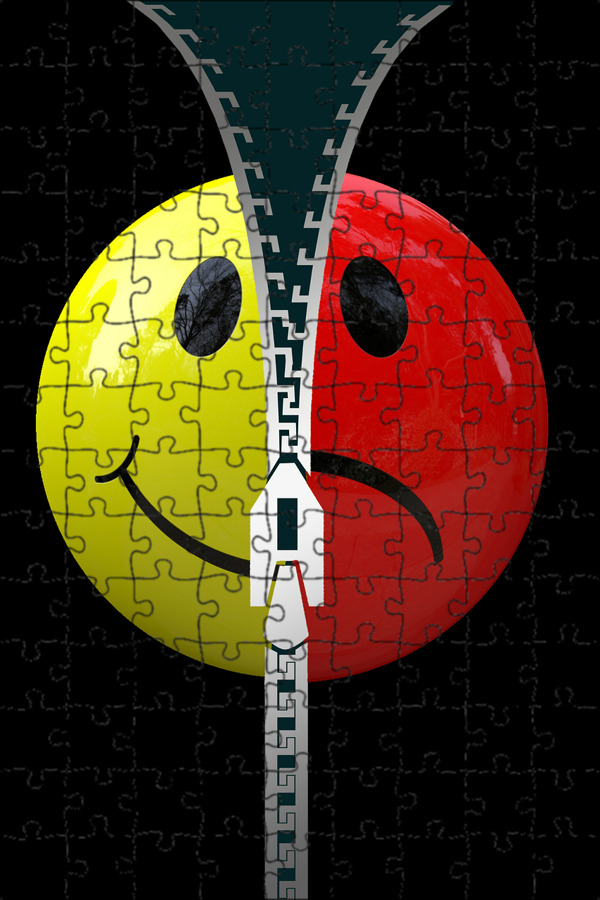
More
Nothing found
Try editing your query or select a doctor or service from the list.
Doctor not found
Try changing your query or select doctor from the list
Medical office not found
Try changing your request or select medical office from list
Therapist Traumatologist-orthopedist Endocrinologist Urologist Gynecologist Ultrasound doctor Cardiologist Pediatrician
Nothing found
Please try editing your query
Thank you!
You have successfully made an appointment
Detailed information has been sent to your e-mail
Subscribe to our newsletters
Enter e-mail
I give my consent to processing of personal data
Subscribe
Anxious and bad mood? Maybe it's a lithium deficiency.
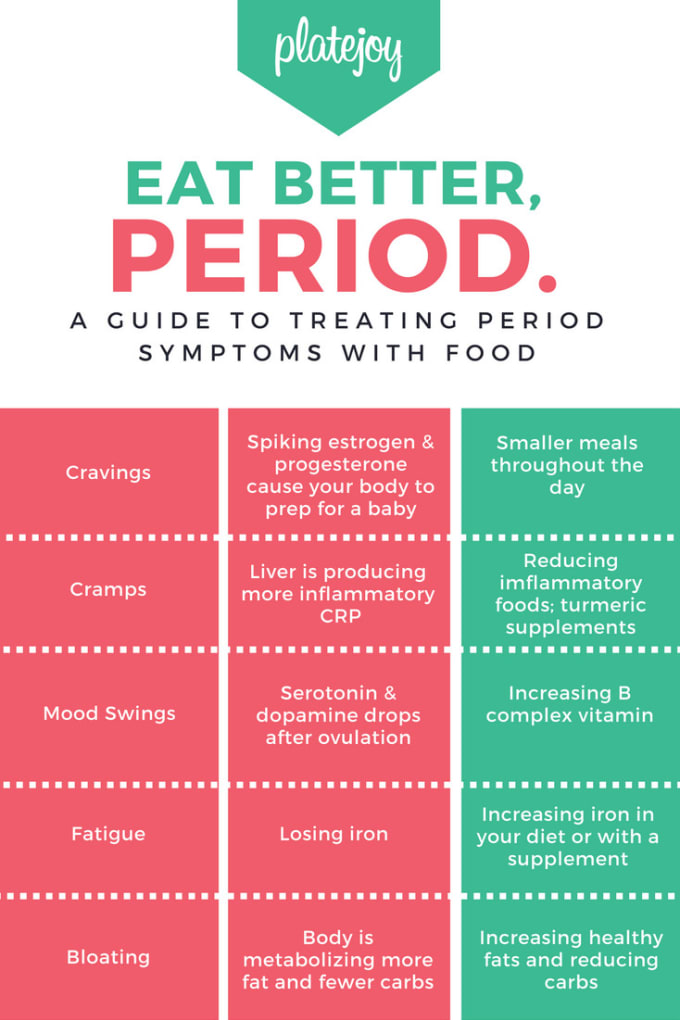 There is a solution!
There is a solution! In modern life it is difficult not to succumb to anxieties and worries. We are daily haunted by irritability, irascibility, increased anxiety, a tendency to spleen ... In this state, it is difficult to regain emotional stability. And the cause of all these symptoms may be a deficiency in the body of such a trace element as lithium. In this article, we will show you how you can simply calm down and improve your mood with the help of lithium.
Tranquility Mineral
Along with magnesium, lithium is considered one of the most important minerals for the nervous system. Unfortunately, little attention is paid to it, although its anti-stress properties have long been studied.
Lithium deficiency can be identified by the following symptoms:
- Irritability
- Sudden mood swings
- Aggression
- Anxiety
- Emotional instability
How to make up for the deficiency of lithium?
Lithium is present in food, but it is difficult to get enough of it.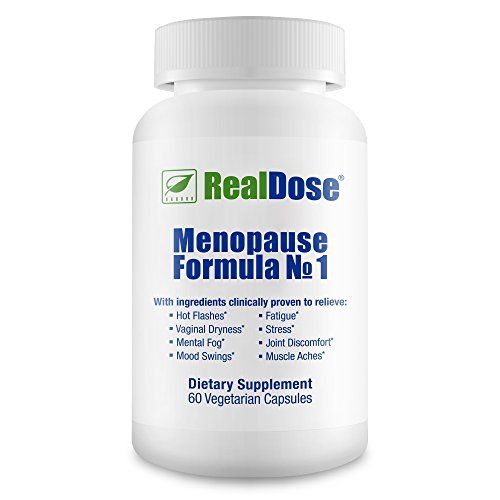 In order for fruits and vegetables to contain lithium, the soil in which they are grown must be rich in this mineral. There are no such soils in Russia today. In addition, purified and bottled water is also lithium-free. In addition, we ourselves help the mineral to leave our body by eating foods such as: salted food, coffee, carbonated drinks, alcohol, artificial colors. In this regard, it becomes obvious that in Russia the deficit of the mineral among the population is quite high. This is where biologically active supplements come to the rescue.
In order for fruits and vegetables to contain lithium, the soil in which they are grown must be rich in this mineral. There are no such soils in Russia today. In addition, purified and bottled water is also lithium-free. In addition, we ourselves help the mineral to leave our body by eating foods such as: salted food, coffee, carbonated drinks, alcohol, artificial colors. In this regard, it becomes obvious that in Russia the deficit of the mineral among the population is quite high. This is where biologically active supplements come to the rescue.
Top 5 properties of lithium
1. Reduces the level of aggression and anxiety 1 . Soothes and stabilizes mood 2 .
2. Improves the cognitive functioning of the brain, stabilizes the emotional state 3 .
3. Reduces depression, blues and despondency 4 .
4. Prevents damage to the nerve cell by free radicals, increases the content of antioxidants, including glutathione 5 .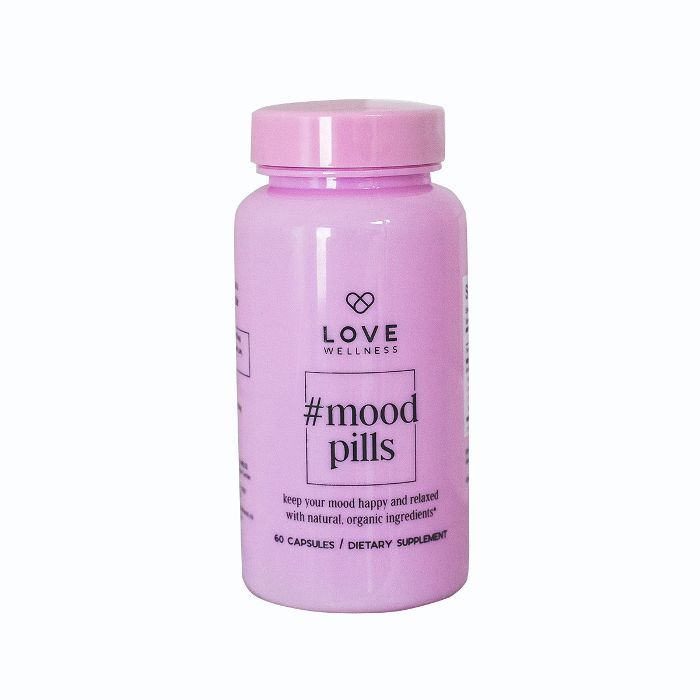
5. Normalizes and restores the functioning of cells of the nervous system 3 .
Easily available lithium for maximum absorption
For maximum absorption of the mineral, its shape is important. It must be organic. The most preferred is the chelated form. The chelated mineral is the most bioavailable form of trace element 6 . Unlike other forms, the chelate does not cause gastrointestinal side effects. It is no coincidence that the popularity of the chelated form is growing in Europe and the USA. Lithium in the chelate form is better absorbed and immediately directed to the needs of the body. The use of this form allows you to reduce the dosage of lithium, while the effect of the drug will be noticeable. An example of such a form in the human body is hemoglobin.
More recently, such lithium in a chelated form was released by the Evalar company. Lithium chelate Evalar in the form of lozenges maximally replenishes the needs of lithium in the body.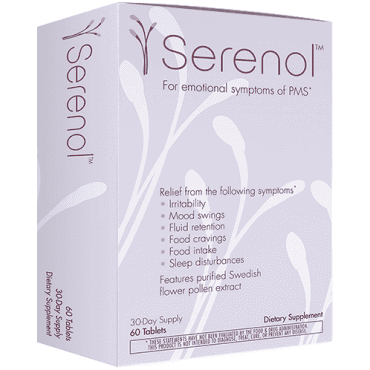 The lozenges are easy to use and do not require drinking.
The lozenges are easy to use and do not require drinking.
Lithium chelate from Evalar contributes:
● Stress resistance
● reduction of anxiety, aggression and impulsivity
● mood stabilization (maintaining emotional stability)
● protection of brain cells
● has a calming effect.
In addition, Lithium chelate is additionally fortified with vitamins B1, B6 and B12, which are important for the health of the nervous system and, in our opinion, perfectly complement the properties of lithium.
Take Evalar Lithium Chelate if mood swings, blues, and irritability prevent you from enjoying life!
You can buy Lithium chelate Evalar on the website evalar.ru, fitomarket.ru and apteka.ru, as well as in pharmacies in your city.
Back to list
Preparations from article:
1 Cui SS, Bowen RC, Gu GB, Hannesson DK, Yu PH, Zhang X. Prevention of cannabinoid withdrawal syndrome by lithium: involvement of oxytocinergic neuronal activation. J Neurosci. 2001; 21(24): 9867-9876. doi: 10.1523/JNEUROSCI.21-24-09867.2001
Prevention of cannabinoid withdrawal syndrome by lithium: involvement of oxytocinergic neuronal activation. J Neurosci. 2001; 21(24): 9867-9876. doi: 10.1523/JNEUROSCI.21-24-09867.2001
2 The Behavioral Actions of Lithium in Rodent Models, Leads to Develop Novel Therapeutics, Kelley C. O’Donnell and Todd D. Gould, 2007 Apr 13.
3 Mashkovsky M. D. Medicines. – 15th ed. - M.: New Wave, 2005. - S. 109-111, 763. - 1200 p. – ISBN 5-7864-0203-7.
4 Malhi GS, Tanious M, Das P, Coulston CM, Berk M. Potential mechanisms of action of lithium in bipolar disorder. current understanding. CNS drugs. 2013; 27(2): 135-153. doi:10.1007/s40263-013-0039-0
5 Jakobsson E, Argüello-Miranda O, Chiu SW, Fazal Z, Kruczek J, Nunez-Corrales S, Pandit S, Pritchet L. Towards a Unified Understanding of Lithium Action in Basic Biology and its Significance for Applied Biology. J Membra Biol. 2017; 250(6): 587-604. doi: 10.
